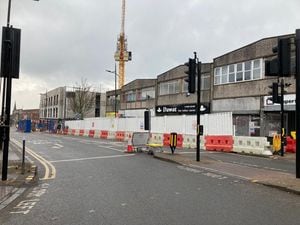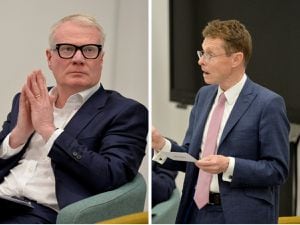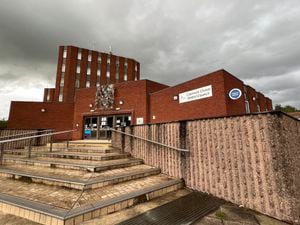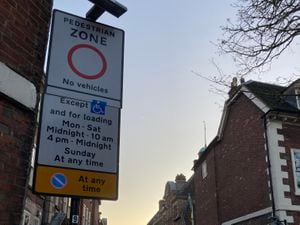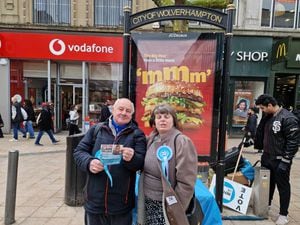Rishi Sunak urged to 'put HS2 into administration' and immediately cease all work on the line to cut costs
Rishi Sunak has been urged to "put HS2 into administration" and immediately cease all work on the line.
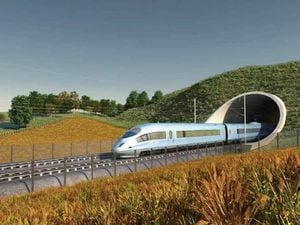
The call has come from Lord Berkeley, deputy chair of the Oakervee Review into HS2, who cited "serious engineering problems" beneath the route through Staffordshire as a reason for binning the project.
The future of the budget-busting line, which will carve through more than 40 miles of Staffordshire countryside, is set to come under close scrutiny with government spending cuts due to be announced this week.
And Lord Berkeley, a long-standing critic of HS2, said it should be immediately scrapped and replaced with a cross country route from the West Midlands to the East.
In a letter to the PM, Lord Berkeley references a meeting when then-Chancellor Mr Sunak "expressed concern about the spiralling costs of HS2". He said: "Since then, the problem has got even worse and it is haemorrhaging money at the rate of nearly £200m per week."
Among a series of problems, he says there are "serious engineering problems" with limestone cavities beneath the route of Phase 2A in Staffordshire, and with the salt mines under Phase 2B West, between Crewe and Manchester.
Lord Berkeley says his latest cost estimate – using the All Construction Cost index published by the Office for National Statistics (ONS) – is £155.52billion.
Most importantly, he added, there is still no up-to-date forecast of passenger demand for this line, which does not deliver what areas need the most – reliable and faster routes from east to west.
"Clearly, the Government cannot sit back and watch HS2 bleed the country’s finances dry," he said.
"I urge you to act! Put HS2 into administration and stop all further work, and task the city regions in the North and Midlands to devise a cost-effective and affordable set of solutions to improving their rail connectivity east-west, that will bring much greater benefit to peoples’ daily lives and their regions’ economy – more job, school and college opportunities, visiting friends and relatives, shopping et cetera rather than taking a faster and more expensive train to London in twenty years’ time."

